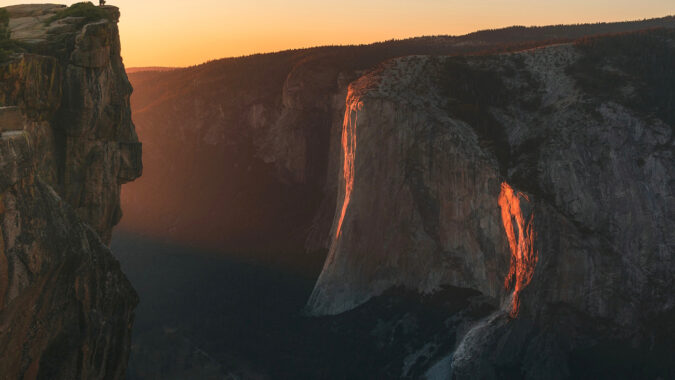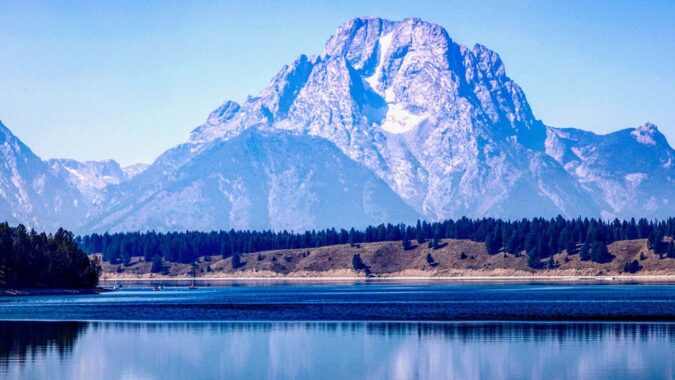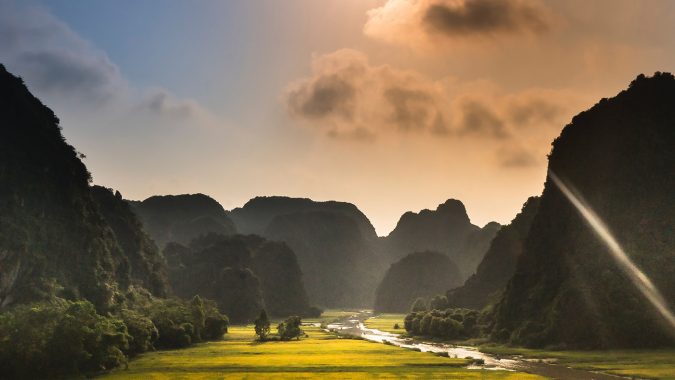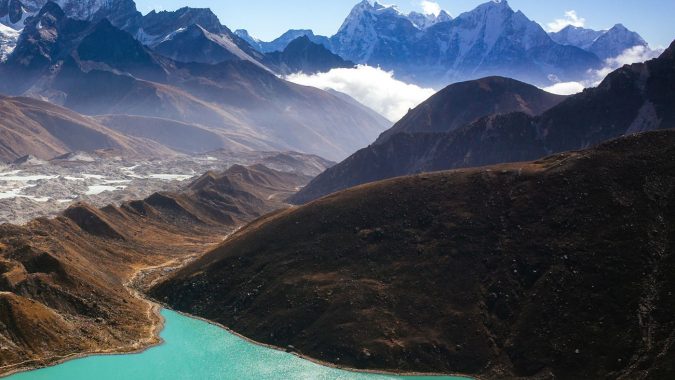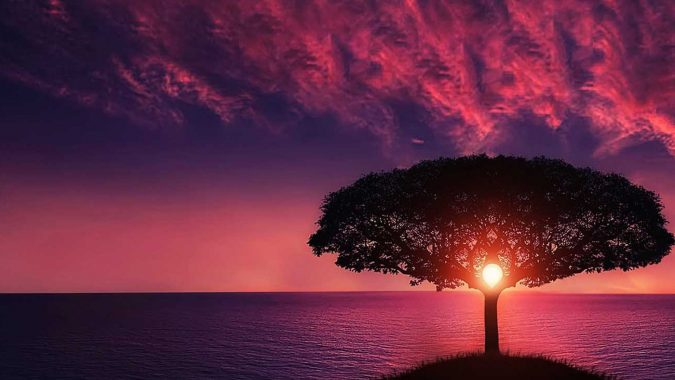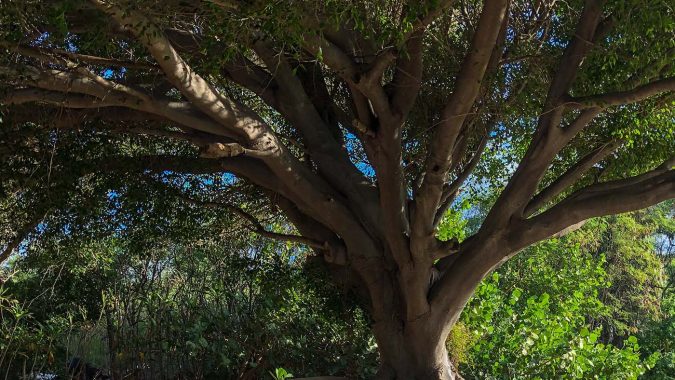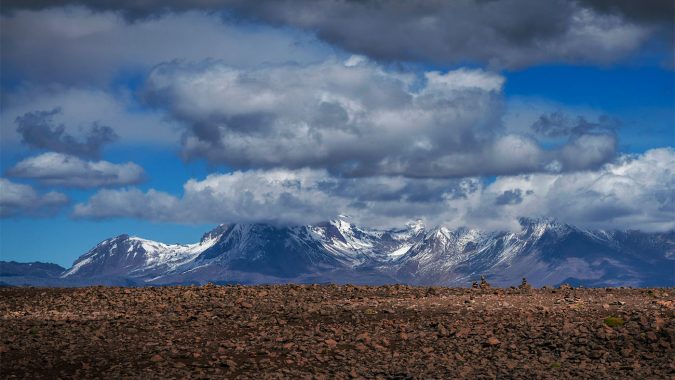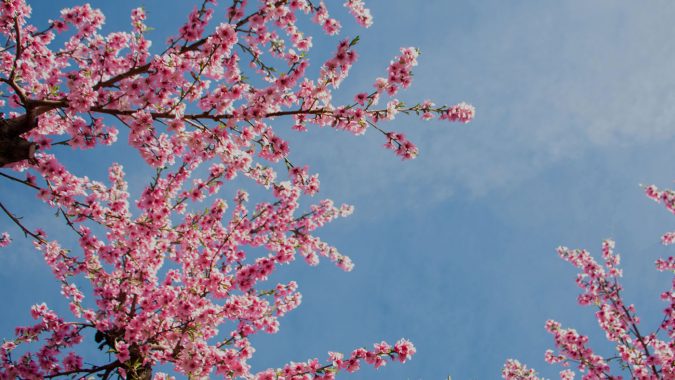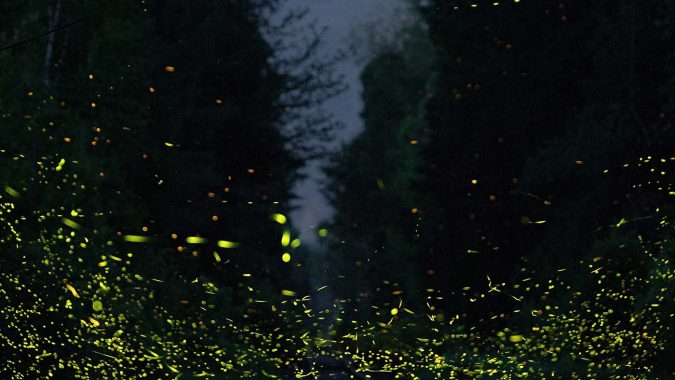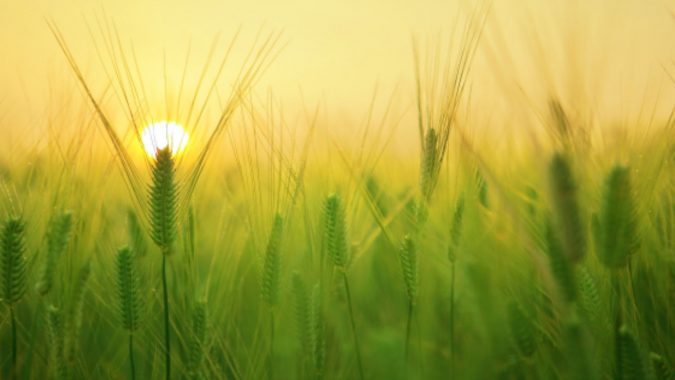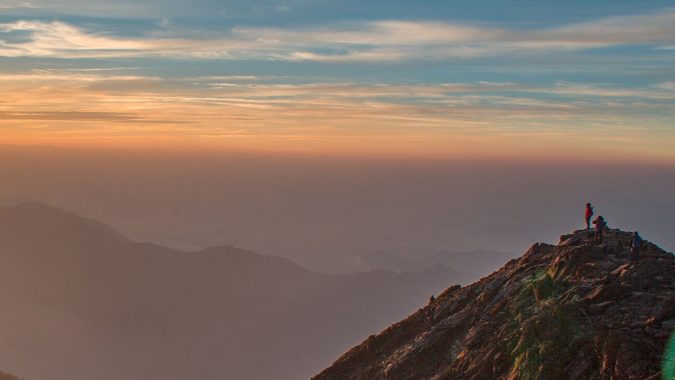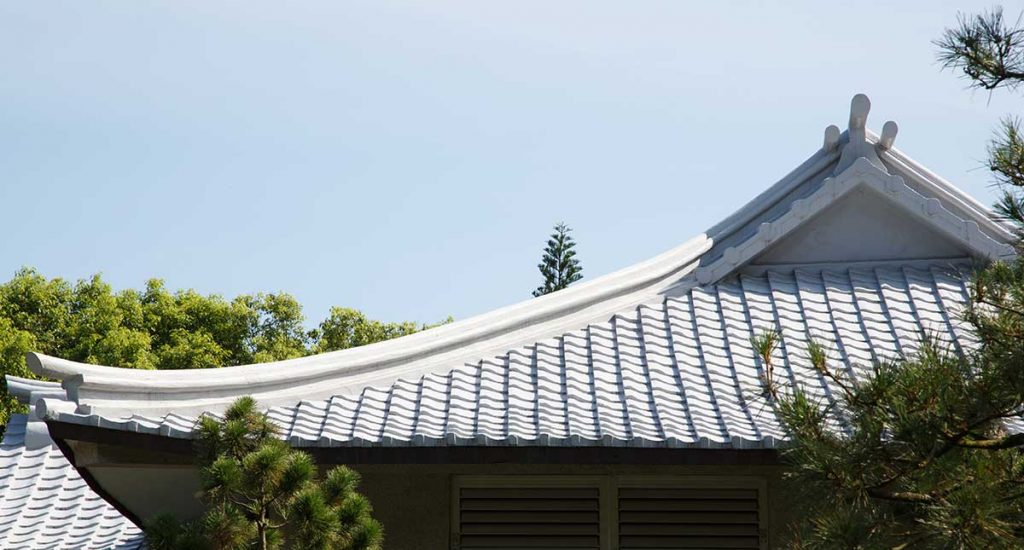
When the Buddha attained enlightenment, he gained knowledge of how beings die and are reborn in an endless cycle. Called Saṃsāra – a Sanskrit term for “wandering” – this ceaseless pattern of birth, death and rebirth is imbued with suffering. The Buddha explained the nature of this suffering (Sanskrit:dukkha) in the Four Noble Truths and taught that nirvana – ultimate liberation and release from Samsara – can be attained by following the Noble Eightfold Path.
Existence in Samsara is perpetuated by desire, ignorance (Sanskrit: Avidyā), and the resulting karma – a cumulative record of positive and negative acts of body, speech and mind. Rebirth can occur in one of six realms – the first three are regarded as good or higher, and the latter three as evil and lower. The six realms are:
- God Realm (Sanskrit: deva):
Gods have long lives of abundance, pleasure, and no work. They pursue meaningless distractions and develop attachments while they gradually exhaust their good karma, and are then completely unprepared for death and rebirth in lower realms. - Demigod Realm (Sanskrit: asura):
Demigods also have long lives of pleasure and abundance. However, they’re consumed by jealousy and anger, and spend their time fighting among themselves, as well as making war on the gods, wars they lose since the gods are stronger.
(Note: The god and demigod realms are sometimes collectively called heaven)
- Human Realm (Sanskrit: manuṣya):
Humans suffer from birth, sickness, old age, and death; as well as hunger, thirst, heat, cold, separation from friends, being attacked by enemies, not getting what they want, and getting what they don’t want. - Animal Realm (Sanskrit: tiryagyoni):
Animals are driven by impulse and instinct, prey on each other, and suffer in many ways. Wild animals live in fear of attack or being eaten by other animals; domestic animals are at the mercy of humans, exploited, overworked, and slaughtered. - Hungry Ghost Realm (Sanskrit: preta):
Hungry ghosts suffer due to extreme hunger and thirst. They wander continuously, searching for food and drink that is frustratingly elusive. Even when found, it’s extremely difficult to ingest and can cause agonizing pain.
- Hell Realm (Sanskrit: naraka):
Beings in hell spend what feels like eternity in pain and terror until their negative karma is exhausted and they’re reborn in higher realms. There are different types of hell, inflicting torment due to unbearable heat or cold alongside torture.
According to Buddhist teachings, a human birth is most fortunate and precious, as it’s best suited for the study and practice of Dharma. However, there are still difficulties to overcome, as Dharma Master Cheng Yen explains:
The sutras (Buddhist scriptures) tell us of six difficulties. The first and foremost is being born as a human being. Only the conditions in the human realm are suitable for cultivation. In the heaven realms, it’s hard to focus on learning the Dharma since heaven is full of happiness and joy, and we lose ourselves in pleasure. If born in hell, we’re consumed by suffering. And, if we’re born as an animal or hungry ghost, life is also difficult, with little chance of coming in contact with the Buddha’s teachings.
The second difficulty is for us to encounter the Dharma at all. There are close to 7 billion people in this world, not all of whom are Buddhists. There are various religions that people can practice, and among those who know about Buddhism only a small number of people actually take the Dharma seriously and want to learn more about it. So, if we really think about it, the chance of us learning Buddhism is quite small.
The third difficulty is having six healthy sense organs. Now that we have the human body, we also need eyes, ears, nose, tongue, body, and brain. Without functioning ears, we won’t be able to hear Dharma talks. Without a healthy brain, we won’t be able to process and understand Buddhist teachings. It’s because we have healthy sense organs that we’re able to learn the Dharma.
The fourth difficulty is being with the Sangha or Buddhist monastics. When we aspire to learn the Dharma, we’ll want to be close to the Sangha, so they can guide us, help us think in a wholesome way, give us the right perspective on life, and help us strengthen our faith in the Buddha’s teachings.
The fifth difficulty is developing true faith in the Dharma. In life, we all have a tendency to get caught up in pursuing a career and in seeking wealth or fame. In the course of doing so we may harm others and form bad relations. The Buddha’s teachings can help us develop wisdom, get rid of our afflictions, be altruistic, and understand the meaning and value of life so we may walk the right path.
Lastly, there’s the difficulty of finding wholesome friends. We need good and upright people around to encourage us to cultivate and better ourselves. They’re an example, their good conduct, character, and temperament teaching us about life’s values.
Therefore, when the opportunity arises to learn the Dharma, we should remember all the difficulties we’ve already overcome and really cherish it. It’s important to seize our chance to learn the Dharma diligently. With the understanding of Dharma, we’ll learn to do good deeds and better ourselves. Then, we can be reborn as humans, reencounter the Dharma, continue our cultivation, and eventually liberate ourselves from Samsara.
Beyond the six mundane realms of Samsara, there are also four saintly realms of existence. In our next blog, Master Cheng Yen reveals how “at this very moment, we can experience any of the ten realms – it all depends on the direction of our thoughts.”
The section in italics consists of edited excerpts of material compiled into English by the Jing Si Abode English Editorial Team, based on Dharma Master Cheng Yen’s talks.






